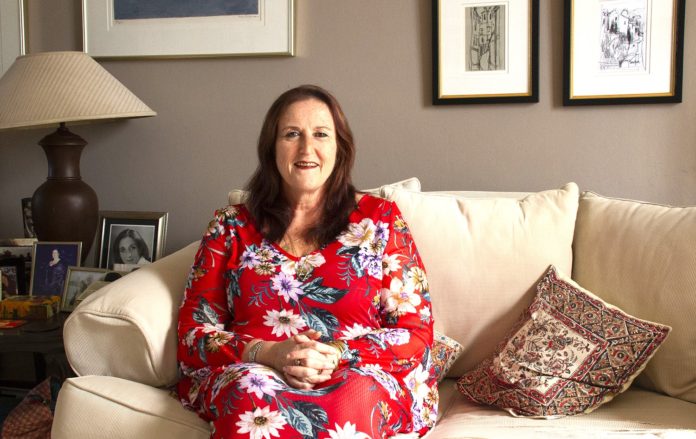Ahead of the 2024 National and Provincial Elections, the final voter registration weekend will be held on the 3rd and 4th of February 2024, to allow new voters to register and existing voters to inspect and if necessary update their registration details.
Susan Abro, of Susan Abro Attorney, shares the latest developments regarding recent legal challenges posed against specific sections of the Electoral Act.
“This information is provided so that the community is able to make an informed decision and is kept up to date with developments from the Constitutional Court,” says Abro.
The One South Africa Movement (OneSA) was founded by former Democratic Alliance leader Mmusi Maimane, as a civic movement and not a political party. The movement intends to support, train, equip and campaign for OneSA endorsed independent candidates in wards and municipalities throughout the country.
Prior to 2020, independent candidates could not stand for elections. This was challenged in the Constitutional Court which declared the Electoral Act inconsistent with the Constitution and, therefore, invalid to the extent that it did not allow an individual adult citizen to stand for election to the legislative bodies at national and provincial levels without having to be a member of a political party. The Court suspended that declaration of invalidity for 24 months to afford Parliament the opportunity to correct the constitutional defect within that period.
Parliament passed the Electoral Amendment Act 1 of 2023 in February 2023 which made provision for independent candidates to stand for public office without being affiliated to a political party, provided the candidate complied with the conditions and requirements of the Act.
The OneSA Movement challenged section 31B(3) of the Act which governs the requirements and qualifications for independent candidates to contest elections. It states that an independent candidate must secure signatures of registered voters amounting to 15% of the quota in the previous election in the relevant region.
OneSA argued that independent candidates without the financial and organisational support structures offered by existing political parties would be denied access to standing and limit their constitutional rights of freedom of association and freedom to make political choices. The State argued that there had to be some means of keeping out those who have “no plausible hope” of obtaining a seat in Parliament from contesting elections in order to keep ballot papers “at a manageable length” and limiting “voter confusion”.
On 4 December 2023, the Constitutional Court found that the signature requirement issue unjustifiably limits independent candidate’s right to freedom of association, the freedom to make political choices and to stand for public office. Parliament has once again been given 24 months to “remedy the constitutional defects giving rise to the constitutional invalidity.”
“We are extremely lucky that we, as South Africans, live in a constitutional democracy, where individuals have the right to approach the Constitutional Court to enable us to ensure that the rights which are granted to all South Africans in terms of our Constitution are properly applied,” concludes Abro.
www.susanabro.com












